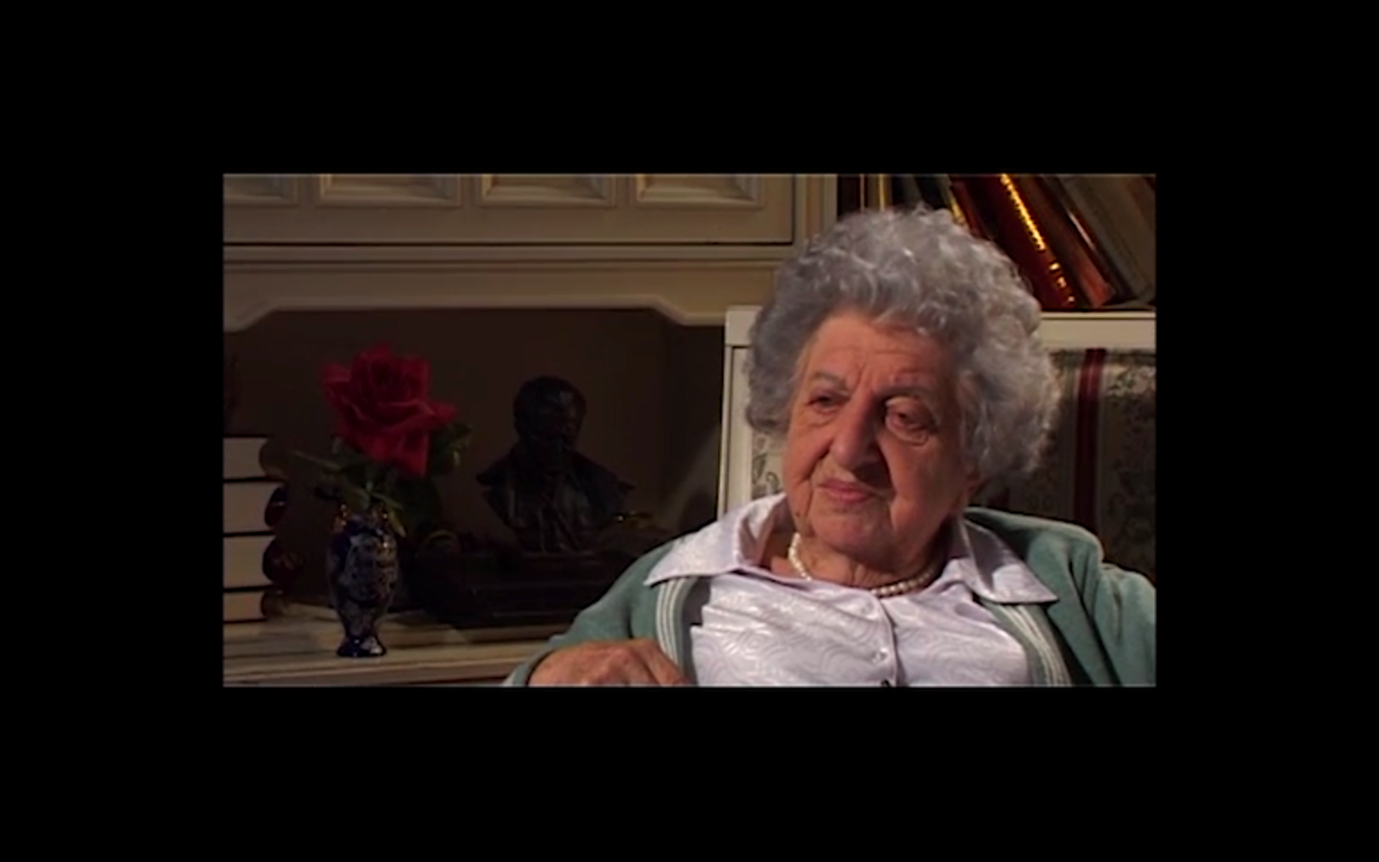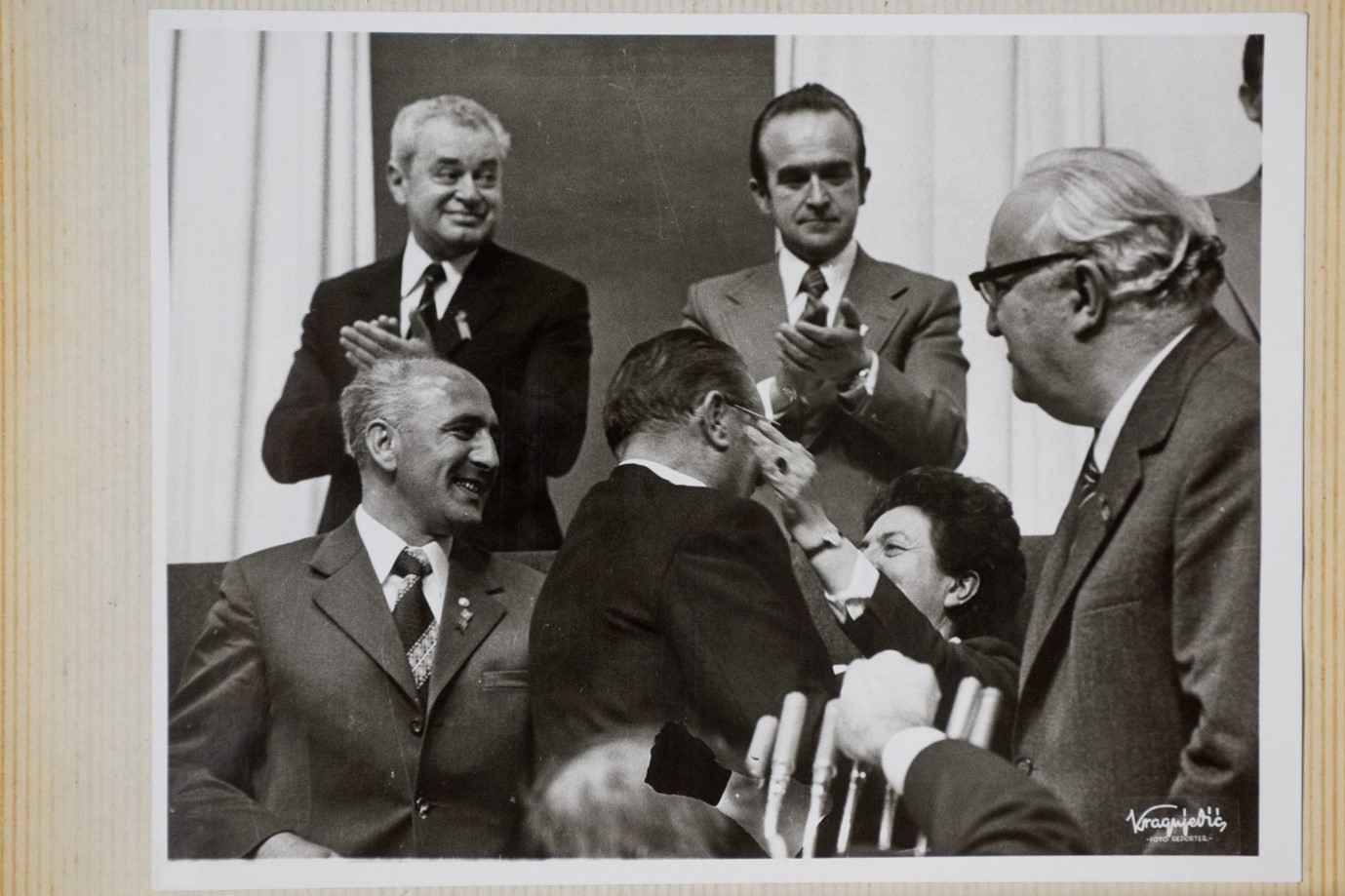Szabó Ida / Ida Sabo was born in 1915 in Pécs as an illegitimate daughter of a Subotica Hungarian working-class mother and a Jewish father from Pécs. She grew up in Subotica, participated in the activities of the illegal Communists Party there, as well as later in Ljubljana. She took part in fights in the Second World War, and after the war she moved to Novi Sad and took on several important functions in the League of Communists of Vojvodina. She was a devout antinationalist and much of her work was focused on women’s emancipation. Her life and work are completely absent from Vojvodina Hungarian historiography, while aspects of her career dealing with the “national question” are ignored in history-writing in Serbo-Croatian language(s). I base my research on archival material, secondary literature, and popular newspaper articles on Szabó Ida, an unpublished video interview with her and interview I have conducted with her daughters. I take on an intersectional perspective to explore the silenced aspects of her life as well and the reasons for their silencing, and to show Sabo’s career in a light that integrates both the gendered and the national aspects of her 101 years long life.
Krisztina Rácz is a researcher at the Institute for Philosophy and Social Theory of the University of Belgrade. She has an MA degree from Sociology and Social Anthropology from the Central European University in Budapest and a PhD in Balkan Studies from the University of Ljubljana. She is an interdisciplinary scholar with research interests in language, multilingualism / multiculturalism, ethnic minorities, and gender, with a special focus on Central and South-Eastern Europe. Having conducted fieldwork in Serbia, Hungary, Slovenia, and Romania, Krisztina has international academic experience with past fellowships at the University of Graz, the Institute for Human Sciences in Vienna, the Central European University in Budapest, the University of Belgrade, and the University of Oslo.

